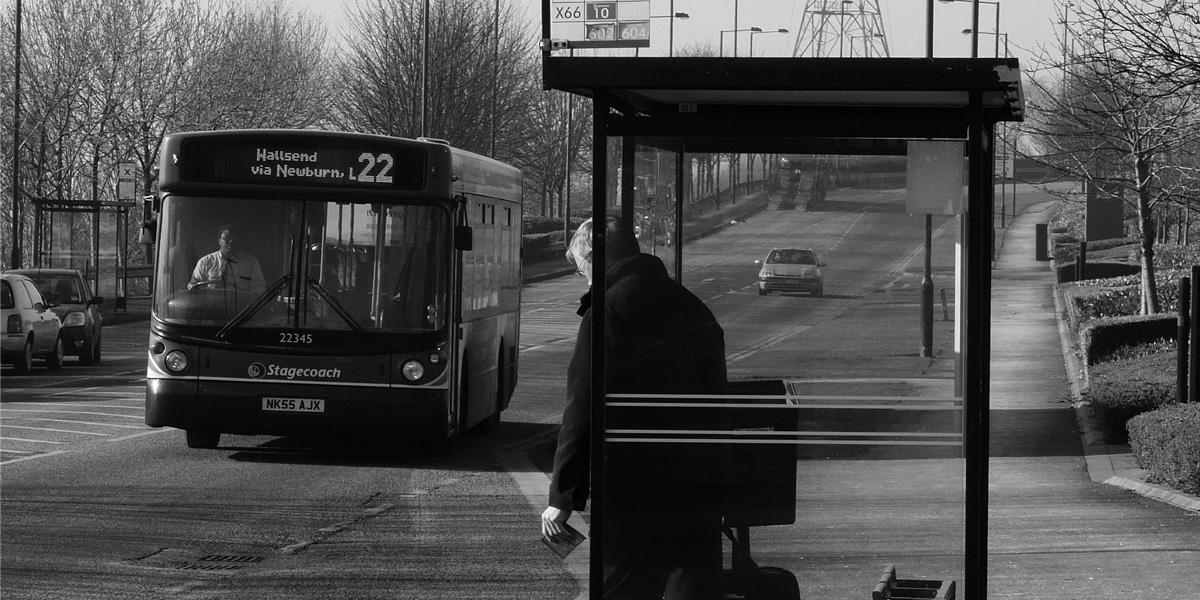The North East needs an Oyster-style system
Across the country, families are facing huge pressure on household budgets. Labour has set out how we would freeze energy bills, support employers to pay a living wage and take action to cap rail fares. But in my constituency in Sunderland, as in many parts...
Across the country, families are facing huge pressure on household budgets. Labour has set out how we would freeze energy bills, support employers to pay a living wage and take action to cap rail fares. But in my constituency in Sunderland, as in many parts of the country, families are also being forced to pay more for local bus services.
There has been a lot of focus on the cost of rail travel for commuters, but the rising cost of bus fares is often overlooked. Many people across the north-east have no easy access to rail services and are reliant upon buses.
Local buses bind together communities by connecting people to vital services and workplaces. Since bus services were deregulated outside London by the Thatcher government in 1986, regulated and deregulated services have taken two separate routes. According to pteg, the Passenger Transport Executive Group, regulated services in London have increased bus patronage by 95 per cent and increased bus mileage by over 70 per cent on 1986/1997 figures. In contrast, deregulated services in shire areas have seen passenger numbers fall by 18 per cent and in metropolitan areas by 42 per cent over the same period.
Despite reductions in bus services and routes, year on year inflation busting fare rises in deregulated areas are contributing to the cost of living crisis. Families are finding it increasingly tough to make ends meet – since 2010 wages in the north east have fallen by over £1200 a year in real terms. For many, buying a car is simply unaffordable making it all the more important to get this right.
For the last three years I’ve been campaigning for Tyne and Wear’s Integrated Transport Authority to use legislation passed by the previous Labour government to introduce a London-style system of bus regulation known as a quality contract. The new system would see routes set by the transport authority, with bus operators bidding in an open competition to run services.
Just as in the energy sector, a small number of companies dominate our current bus market. The new arrangements would allow new entrants to break into the market, open up competition and deliver better value for passengers. An investigation in 2011 by the Competition Commission was highly critical of deregulated bus services. It found that limited competition between bus operators tended to result in higher prices and lower quality for passengers. The report also found that, just like the energy market, head to head competition for services was unlikely between dominant operators. Indeed, some bus companies were accused of colluding to avoid direct competition altogether resulting in geographic market segregation.
It’s clear that this market is in desperate need of reform. I believe that quality contracts would fix many of the problems identified by the Competition Commission. Not only would we see real competition, but also the ITA has promised a simple fare system with Oyster-style smart ticketing, where average annual fare increases would be no more than the retail price index. In addition to a commitment to low fares for children and young people, these measures would significantly cut the cost of living and make life a little easier for hard-pressed families.
As you might expect, bus companies in Tyne and Wear are vehemently opposed to these proposals. Their negative campaigning, scaremongering and threats of legal action have gone far beyond rational opposition and are simply irresponsible.
Whether it’s the big six energy giants or aggressive bus operators, it’s right that Labour stands up for consumers and focuses on fixing the government’s cost of living crisis.
